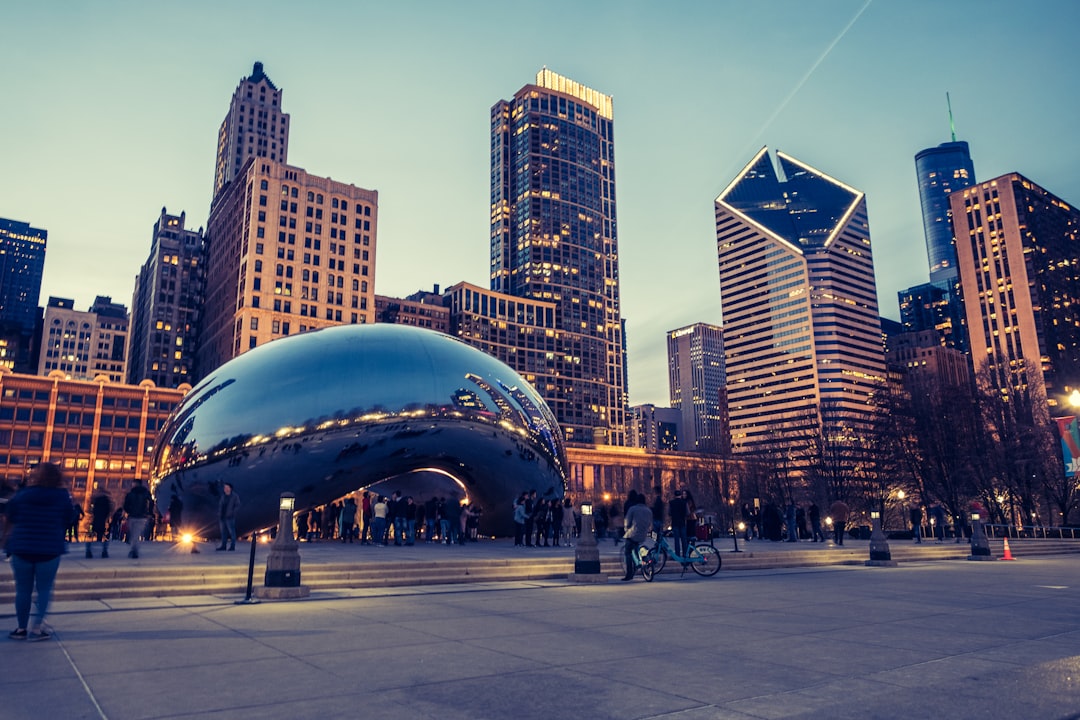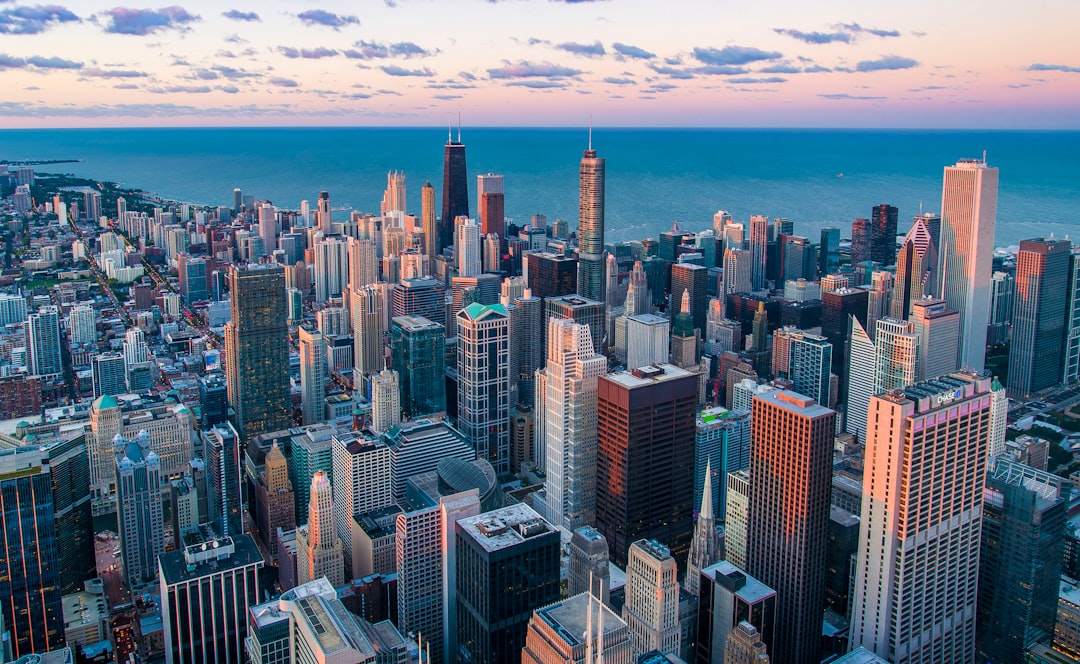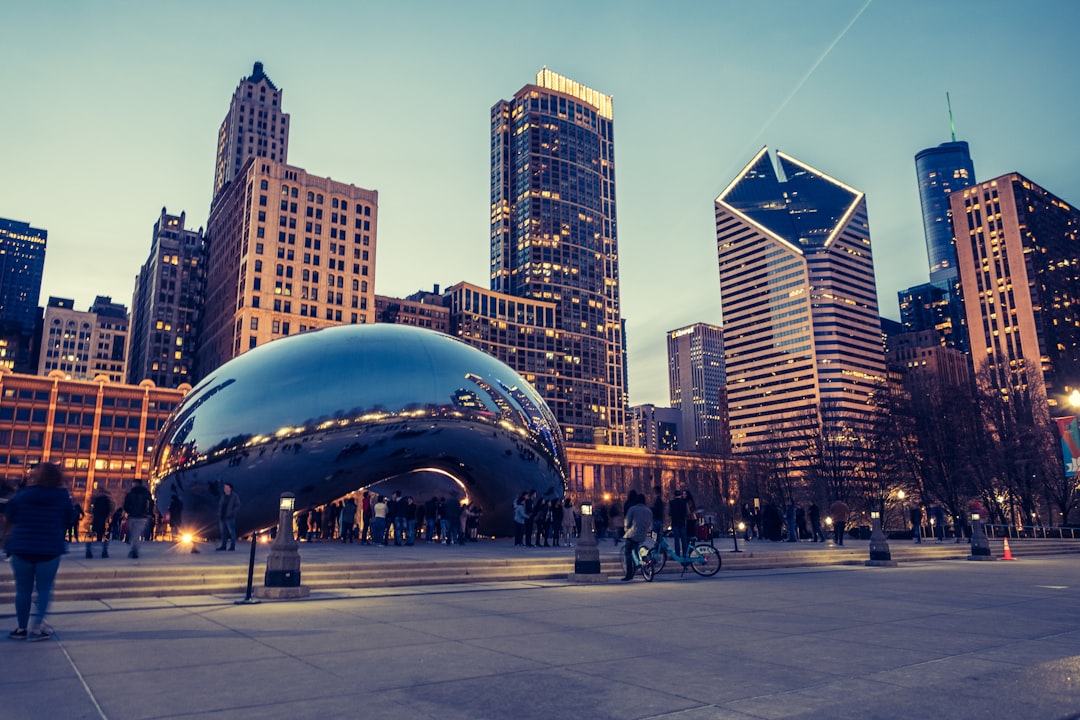Robocalls have become a major problem for Chicago residents, with unwanted pre-recorded messages ranging from legitimate promotions to fraudulent schemes. Advancements in technology allow robocallers to target specific individuals using voice authentication, making the issue more challenging. Many residents are turning to robocall lawyers Chicago to understand their rights and explore legal options. As blocking methods become less effective due to advanced voice authentication, there is a pressing need for better prevention strategies. Voice authentication technology, especially in Chicago, verifies caller identity, enhances security, and safeguards consumers from scams. Future trends focus on improving machine learning algorithms and AI integration for real-time dynamic verification, offering better protection against robocalls.
In the bustling city of Chicago, robocalls have become an increasingly frustrating and harmful nuisance for residents. This article delves into the issue, exploring how voice authentication can play a pivotal role in combating these automated calls. We examine the current landscape, dissecting the impact of robocalls on Chicago’s citizens and the legal implications. By analyzing future trends in voice authentication technology, we uncover potential solutions to enhance robocall prevention, providing relief for residents and offering insights for robocall lawyers across the city.
Understanding Robocalls and Their Impact on Chicago Residents
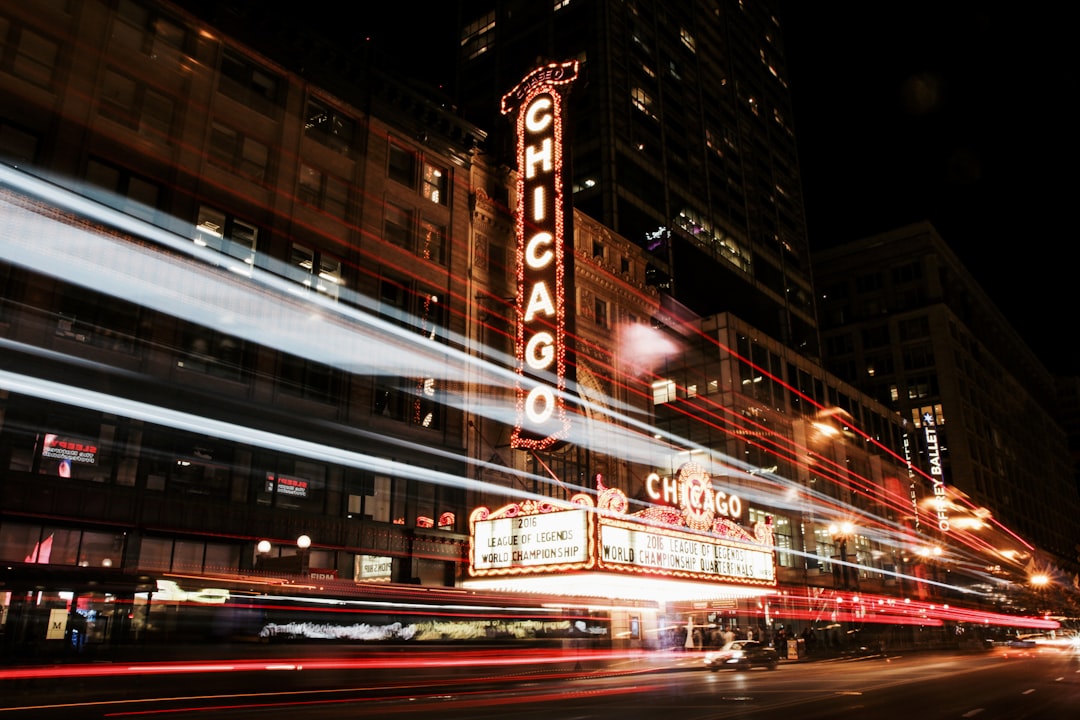
Robocalls, or automated telephone calls, have become a widespread nuisance for residents in Chicago and across the country. These calls often deliver pre-recorded messages promoting products, services, or even fraudulent schemes. With advancements in technology, robocallers can now use voice authentication to target specific individuals, making their tactics more insidious. The impact on Chicagoans is significant, leading to increased frustration, wasted time, and potential financial loss for those who fall victim to these calls.
Many residents find themselves delving into a frustrating game of cat-and-mouse with robocallers, constantly blocking unknown numbers only for new ones to appear. This constant battle takes a toll on their daily lives, prompting some to seek assistance from robocall lawyers Chicago to understand their rights and explore legal options against these persistent invaders. The need for effective prevention methods is more pressing than ever as these calls can be challenging to trace and stop, especially with the use of advanced voice authentication technology.
The Role of Voice Authentication in Combating Robocalls
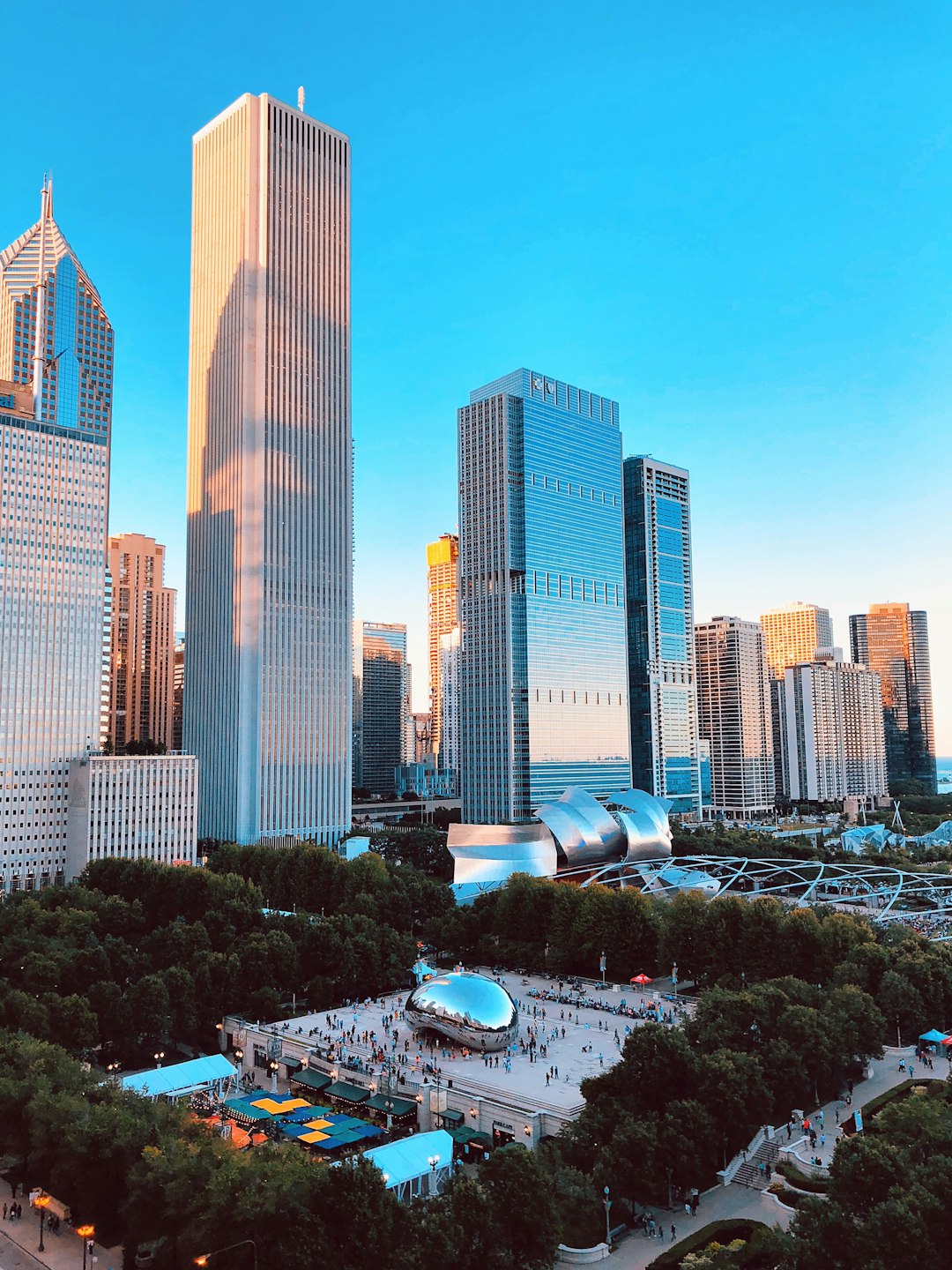
Voice authentication technology plays a pivotal role in the ongoing battle against robocalls, particularly for residents of Chicago who are often targeted by these relentless automated calls. By employing advanced voice verification and analysis, this technology ensures that only human callers with legitimate business can reach their intended recipients. This is crucial in the legal sector, where robocall lawyers in Chicago need to identify and stop fraudulent calls targeting consumers, protecting them from potential scams and privacy breaches.
The implementation of voice authentication systems enhances security measures by verifying the identity of callers, which is essential given the sophistication of modern robocall technologies. This innovative approach not only safeguards consumers but also empowers legal professionals to focus on addressing the root causes of the issue, ensuring a more robust and sustainable solution for Chicago’s residents in their fight against unwanted robocalls.
Future Trends: Enhancing Voice Authentication for Better Robocall Prevention
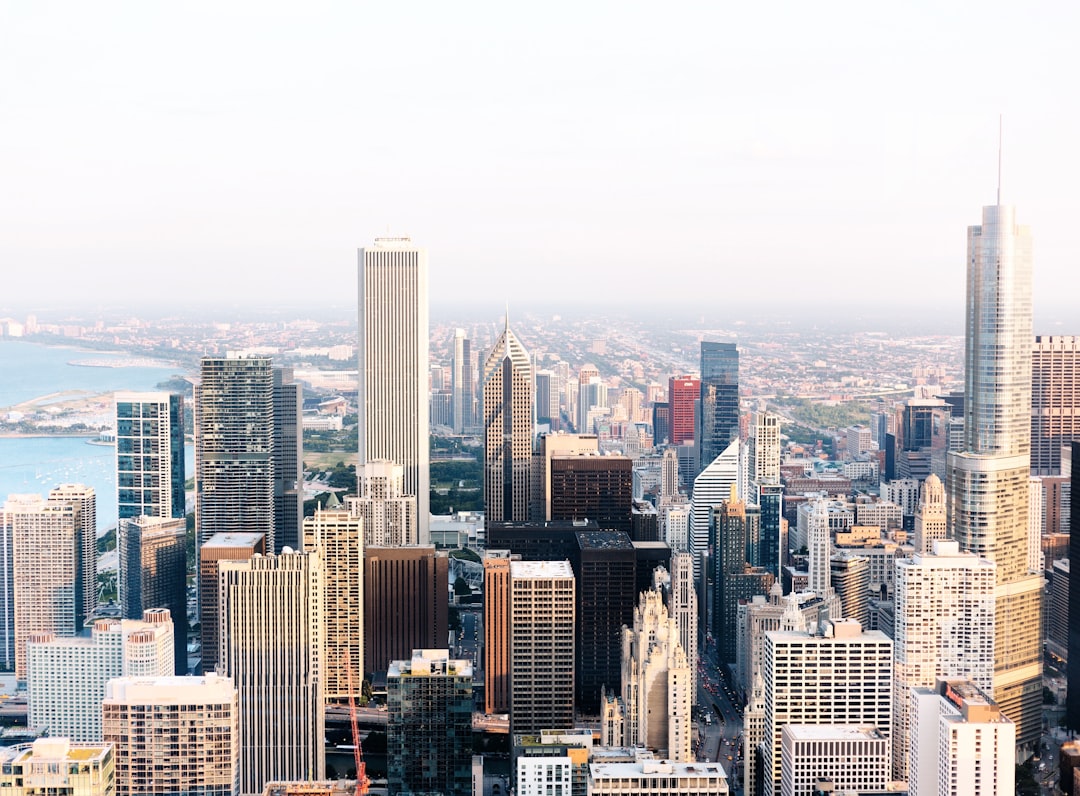
As technology evolves, so do the methods employed by telemarketers and fraudsters. To stay ahead, future trends in voice authentication aim to enhance robocall prevention significantly. Advanced machine learning algorithms will play a pivotal role in refining voice recognition systems, making them more accurate and adaptable. This includes improving speech analysis capabilities to detect subtle variations in human voices, even when disguised or manipulated.
Additionally, the integration of artificial intelligence (AI) will enable real-time dynamic verification. By continuously learning from interactions, these systems can adapt to new patterns and voices, ensuring that only authorized individuals gain access. For Chicago residents plagued by robocalls, this means more robust protection. With enhanced voice authentication, robocall lawyers in Chicago can better assist citizens in filtering unwanted calls, providing a quieter and safer digital environment.
